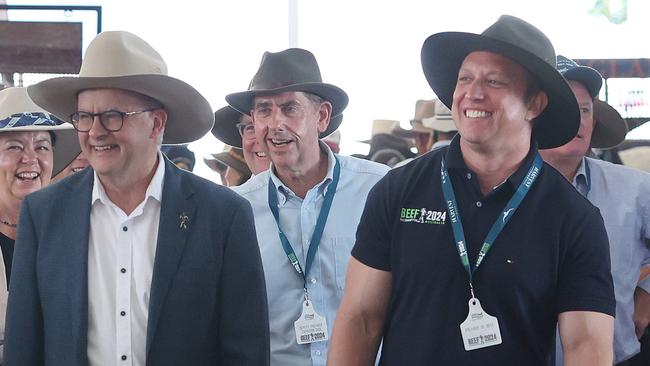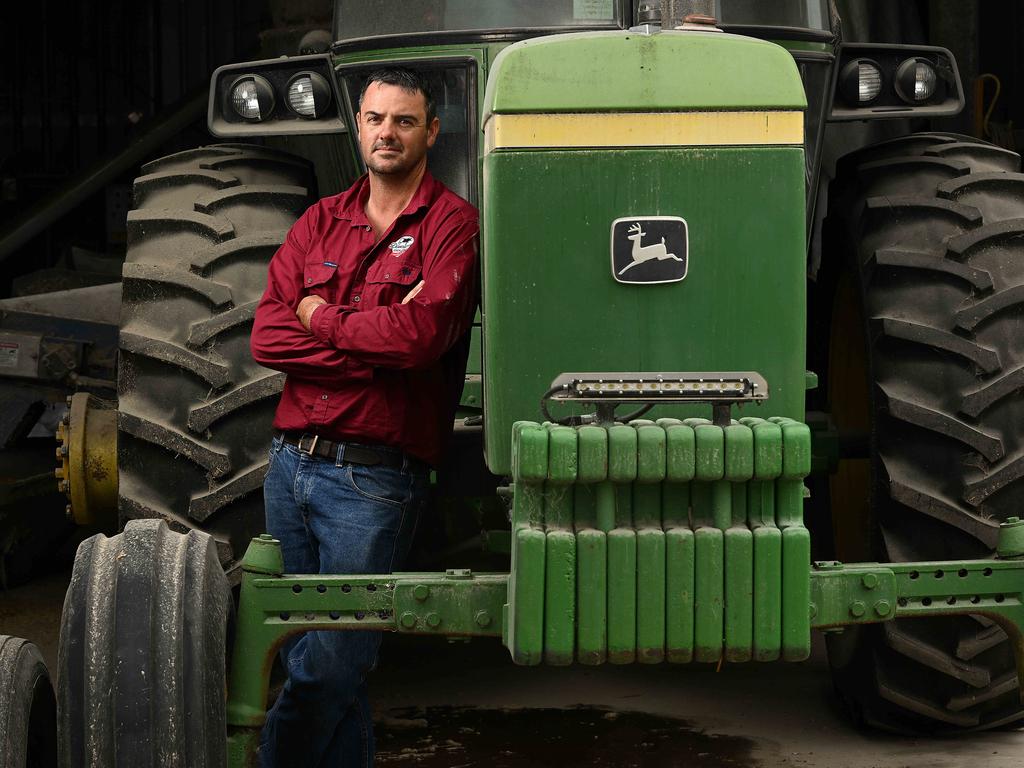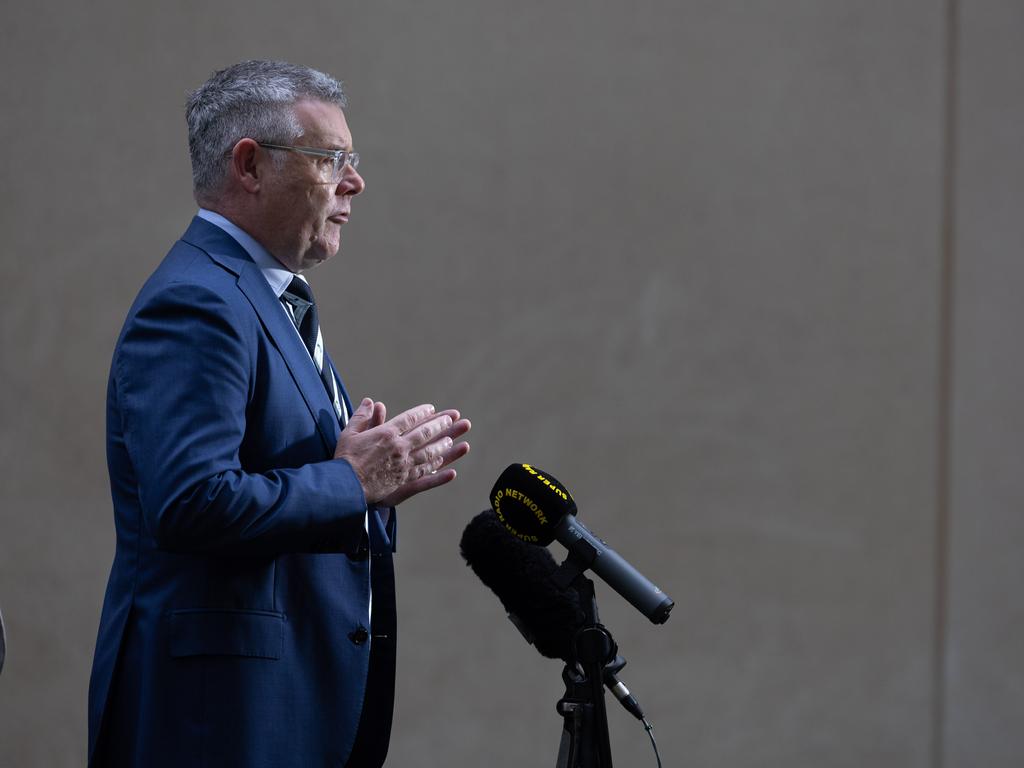Farmers in final fight against biosecurity levy
Farmers have launched a last ditch attack on the Albanese government’s looming biosecurity levy amid new claims it will cost the government $3m a year just to administer.

Farmers have launched a last-ditch attack on the Albanese government’s looming biosecurity levy amid new claims it will cost the government $3m a year just to administer.
The levy, which would raise $50m a year from producers, is up for a vote in the Senate next week and is supposed to be introduced from July 1 but a Senate inquiry into it was last week told the Agriculture Department was behind on implementing the collection of the levies.
In a follow-up submission, advocacy body AUSVEG refuted the department’s suggestion that administering the collection of levies would cost $800,000 a year.
Its chief executive, Michael Coote, said the fruit and vegetable sector’s existing levies cost $580,000 a year to collect, and calculated levy collection costs to the government for the new tax were “potentially closer to $3m across all of agriculture, rather than the estimated $800,000”.
The inquiry last week heard some niche industries would be asked to pay an entire sum as little as $250, which Coalition senators argued would not even cover the administrative costs to recover it.

The National Farmers Federation on Wednesday led an 11th-hour “day of action” from the Beef2024 industry event in Rockhampton, which was visited this week by Anthony Albanese and Agriculture Minister Murray Watt.
“On behalf of our members … we are telling this government to scrap the tax,” NFF president David Jochinke said.
“We are less than two months away from this proposed levy being implemented, yet we still have no idea how the levy will be collected and managed. What a shambles.”
Farmers have argued the policy, which will see the levy applied to each industry sector based on its gross value product over three years, would force them to pay for biosecurity measures to protect them from a risk created by their competitors bringing products into Australia.







To join the conversation, please log in. Don't have an account? Register
Join the conversation, you are commenting as Logout